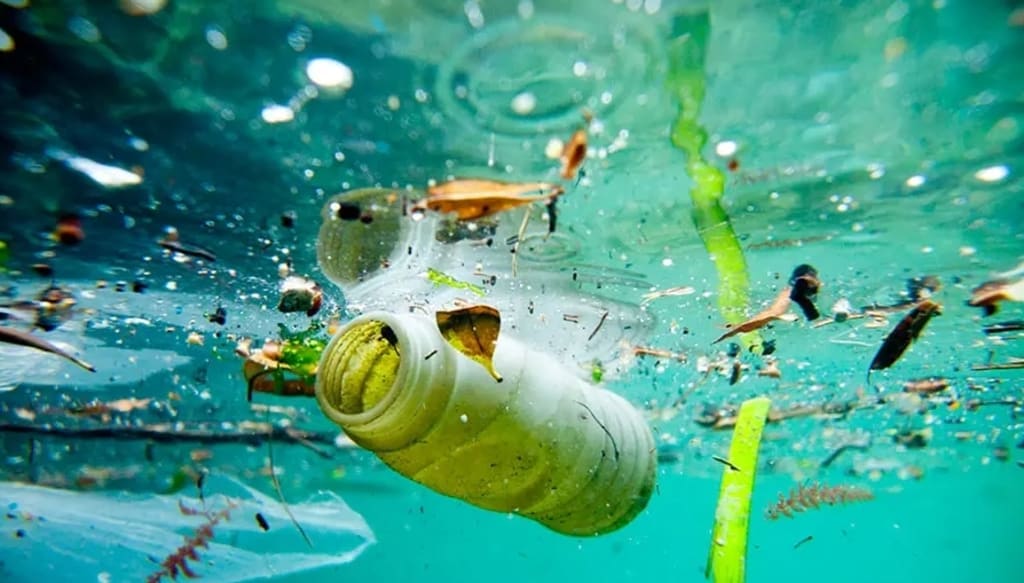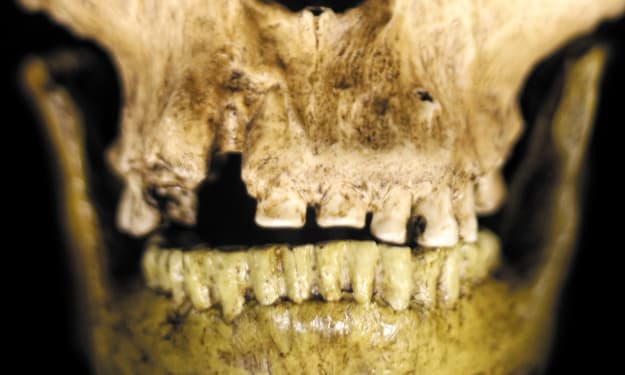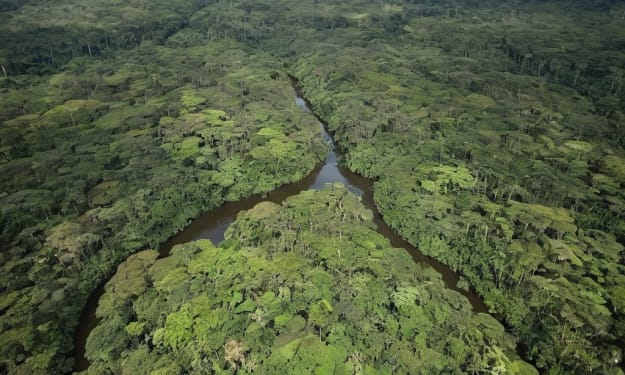The Complex Consequences of Cleaning Up Ocean Plastic: The Nustan Ecosystem
Exploring the Impact of Plastic Cleanup on Marine Life

If you've ever heard of the Great Pacific garbage patch, you know that plastic pollution in our oceans is a massive problem. In the North Pacific alone, there's an estimated 72,000 metric tons of macro plastics, pieces of plastic larger than half a millimeter. To put that into perspective, it's about the weight of one and a half Titanics. But this is just one of many garbage patches scattered across our oceans, each defined by having over a million pieces of floating plastic in a square kilometer. Cleaning up this mess is easier said than done, as any human action can have consequences for the environment, even when attempting to fix a problem we created.
A group of creatures known as the "nustan" live right at the surface of the ocean, which includes Blue Button jellies, sea skaters, sea snails, crustaceans, and crabs. These creatures are transported by the same ocean currents that cause plastic to accumulate in these patches. Thus, these garbage patches have become home to various forms of marine life, as floating plastic provides surfaces for them to attach their eggs. So, any plastic cleanup operation could inadvertently catch and affect these creatures. Moreover, the nustan ecosystem plays a vital role as a food source for sea turtles, birds, and fish like tuna.
The challenge lies in the fact that the nustan ecosystem is not yet fully understood. A 2023 study set out to investigate the potential impact of plastic cleanup on the nustan ecosystem, particularly focusing on the ocean cleanup efforts. The ocean cleanup uses two ships that drag a giant net between them to collect plastic debris. The researchers created a mathematical model to predict the changes in the number of plastics and nustan throughout the cleanup operation.
The model revealed that our understanding of the nustan ecosystem remains incomplete, leading to a wide range of potential impacts from plastic cleanup. There are crucial variables that scientists still need to research. First, they need to understand how quickly these nustan creatures replenish themselves when their population is affected by cleanup efforts. Second, it's essential to know how fast plastic breaks down naturally in the ocean without intervention. And third, scientists need to assess how effective cleanup operations are at catching plastic while avoiding the capture of nustan creatures.
While plastic cleanup is crucial to mitigating ocean pollution, we need to be cautious about potential unintended consequences. The ocean cleanup organization itself acknowledges the significance of monitoring marine life during their operations. They use the information they gather to improve and optimize their cleaning net system, reducing the risk of unintended consequences on marine ecosystems.
However, despite these uncertainties, it's crucial to continue cleaning up ocean plastic. Plastic pollution has devastating effects on marine life, releasing toxic chemicals and being ingested by various creatures. Moreover, microplastics, which are much smaller and slip through cleanup nets, pose another challenge to marine ecosystems. The best course of action is to prevent plastic pollution from entering our oceans in the first place. But cleanup efforts remain an essential part of the solution.
Studies like this one help us gain a clearer understanding of the full impact of our actions on marine ecosystems. By continuing to research and improve our cleanup strategies, we can mitigate the harmful consequences of plastic pollution and work towards a cleaner and healthier ocean for all. As we strive for a more sustainable future, collaboration between scientists, environmentalists, and organizations like the ocean cleanup is vital. Together, we can protect marine life, preserve our oceans' delicate ecosystems, and leave a better planet for future generations.
About the Creator
Daniel Fuentes Hermosa
"Awakening minds to resist NWO's grip. Self-care as my rebellion - mind, body, soul united. Unbreakable spirit in a chaotic world. #Resilience #TruthSeeker"






Comments
There are no comments for this story
Be the first to respond and start the conversation.